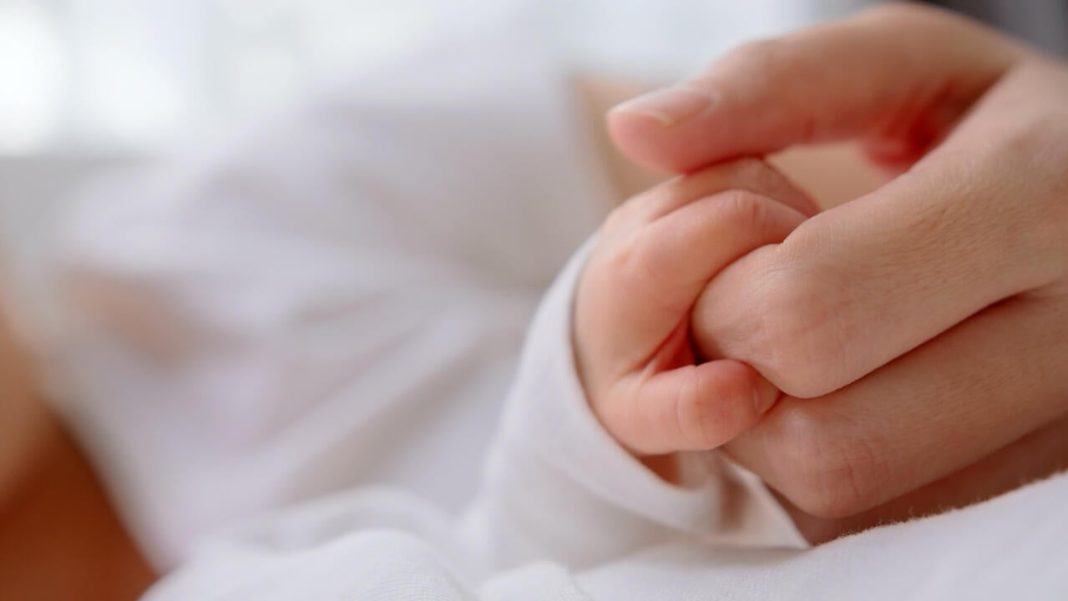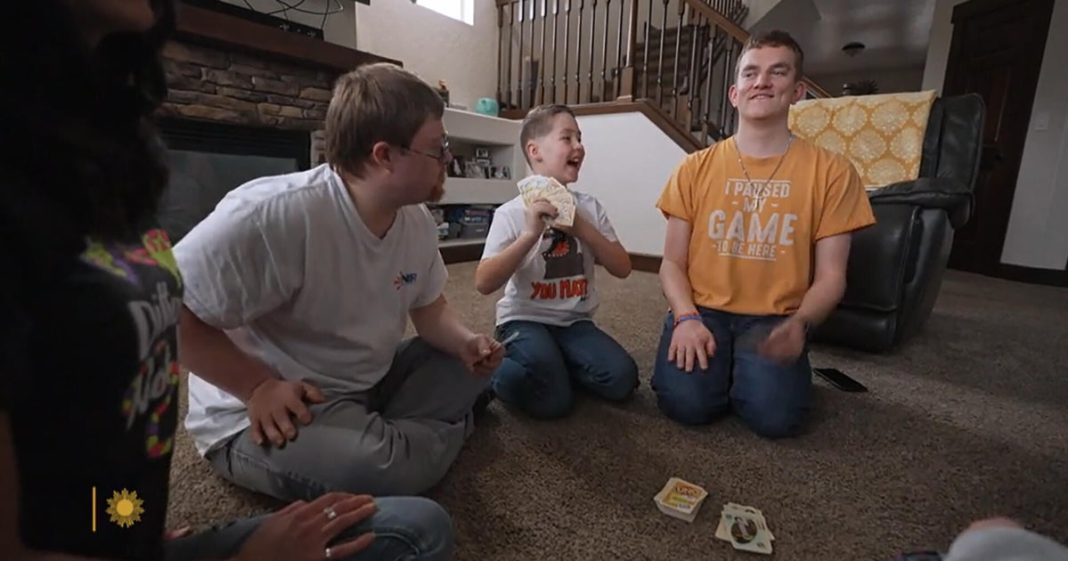“Safety plans are developed to protect children from safety threats when the parents’/primary caregivers’ protective capacities are insufficient. Safety plans are based on identifiable safety threats and coupled with diminished parental/primary caregiver protective capacities which place the child at present or impending danger,” the department’s administrative code states.
Katie said she was told both of her children would be removed from her custody if she didn’t sign the safety plan. Overwhelmed by the terrifying thoughts racing in her head, Katie signed the plan.
For nearly a month, Katie said she was only allowed monitored time with her children. And although she was breastfeeding her newborn, she still had to leave her home every night when everyone was asleep and only return in the morning when she could be supervised.
“I would leave the house and I would, I mean, scream in my car because I was so devastated to leave her,” said Katie, apologizing for choking up. “It was torture; it was pain I’ve never felt before.”
In a statement to “CBS Sunday Morning,” Crestwood Medical Center said its health care workers conduct a urine drug screen on all patients admitted for labor and delivery “to help assess any potential medical needs of the mother and newborn.” If a test is positive, the hospital said it immediately orders a confirmatory test, and notifies the Department of Human Resources in compliance with Alabama State Law.
“We understand that false positive results can occur and make every effort to keep mother and child together in the hospital until a confirmatory test result is received. In these situations, our physicians, our neonatal care team and DHR work collaboratively on appropriate safety plans considering all of the information available about the mother and newborn at the time,” Crestwood said.
Katie said the medical center did order a second confirmatory test in her case, but health care workers had already called the Alabama Department of Human Resources, triggering an investigation. Confirmatory drug tests are sent off to a laboratory since they require a more thorough analysis. It can take up to 5 business days after receiving the sample for the lab to process and send results.
By the time the second round of drug test results arrived, showing both Katie and her baby were clear of any substances, the state-run agency’s child welfare probe was well underway. Katie claims the negative results weren’t enough to stop the investigation, but the Department of Human Resources closed the case after a month, when she and her husband hired an attorney.
What can cause opiates to show up on a drug test?
Dr. Kelley Butler, a family medicine doctor in San Diego, California, called situations like Katie’s “entirely unfair.”
“Let’s also be clear: one positive urine toxicology does not equal a substance use disorder by the DSM-5 criteria,” Butler explained, referring to a diagnostic tool used by mental health professionals to help diagnose certain conditions or disorders. “All it says is this person was exposed to something that made this test positive. Hello! As in the case of this everything bagel, which probably had poppy seeds, which can be a false positive for opiates.”
A National Library of Medicine study confirmed ingesting poppy seeds in food products like pastries, bagels, muffins or cakes can show concentrations of morphine in urine drug tests. While the highest concentrations of total morphine were found between three and eight hours after consumption, they could still show up within a 48-hour window. That’s why the U.S. Anti-Doping Agency advises athletes to avoid eating anything containing poppy seeds for at least a few days before competitions, warning that it “can’t predict how long morphine or morphine metabolites from poppy seeds will stay in your system.”
But it’s not just poppy seeds that can lead to faulty test results.
There’s an entire suite of medications, foods and exposures that are safe to take during pregnancy or have been prescribed by a physician that can result in false positives. The National Library of Medicine also reports that over-the-counter cough suppressants like dextromethorphan, and antibiotics to treat bacterial infections like rifampin and quinolone, can also cause false positive opiate test results.




